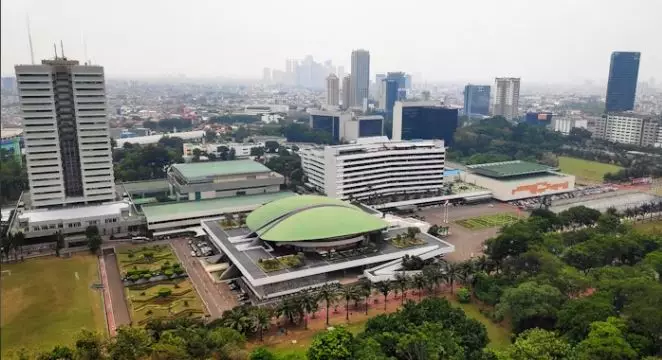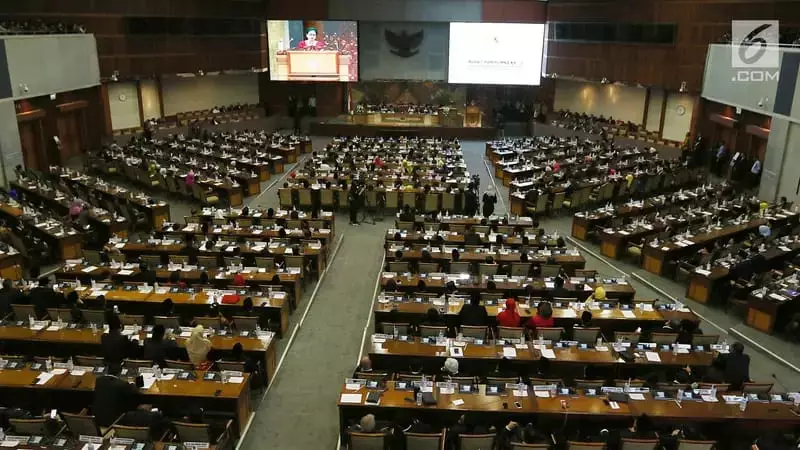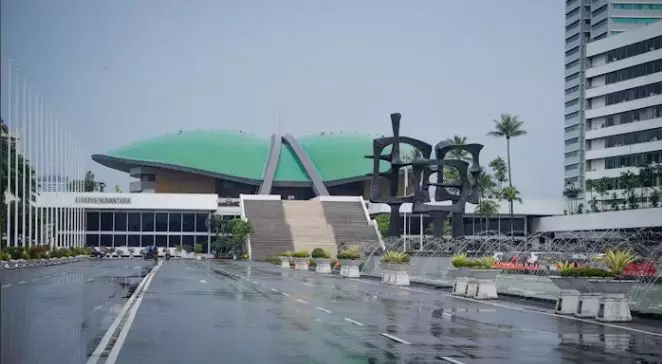foto: Unsplash.com
Brilio.net - In every decision-making process in the House of Representatives (DPR), the presence of members is one of the key factors that determines whether a meeting is valid or not. One important concept in this context is quorum .
This term refers to the minimum number of members who must be present for a meeting to be valid and for the decisions taken to have legal force. Without meeting the quorum requirement, decisions taken in a plenary meeting can be considered invalid and violate legal procedures.
Understanding quorum is not only important for members of the House of Representatives but also for the public, who are often unaware that the democratic process taking place in the House of Representatives involves strict and formal rules. The concept of quorum ensures that decisions taken truly represent the voice and will of the majority of members of the council, not just a handful. This is part of the checks and balances mechanism that is important in a democracy.
Brilio.net will provide a review of what a quorum is, how it is implemented in a plenary meeting of the DPR, as well as the rules and requirements that must be met to ensure that the meeting can run legally.
What is a quorum?

photo: unsplash.com
A quorum is the minimum number of members who must be present at a meeting to make the meeting legally valid. In the context of a plenary session of the DPR, the quorum is determined based on a certain percentage of the total number of DPR members. Without meeting this minimum number, the meeting cannot begin, and decisions taken at the meeting will not have legal force.
In a regular plenary session, the presence of at least more than half of the members of the DPR is required for the meeting to begin and the decisions taken to be considered valid. This requirement aims to ensure that every decision taken truly represents the will of the majority of the members of the DPR, so that it has strong legitimacy and can be accepted by all parties.
The provisions regarding this quorum are regulated in detail in the DPR Rules of Procedure and related laws and regulations. This rule is made to ensure that the decision-making process takes place fairly and democratically, and involves the active participation of the majority of council members. Without an adequate quorum, the meeting must be stopped, and any decisions taken may be considered legally flawed, so that they cannot be used as a basis for further action.
Rules and quorum requirements in plenary meetings of the DPR

photo: liputan6.com
In a plenary session of the DPR, the rules regarding quorum are regulated in detail in the DPR Rules of Procedure. This rule stipulates that to start a plenary session, at least 50 percent plus 1 of the total members of the DPR must be present. This minimum attendance is required so that the meeting can take place legally and the decisions taken have binding legal force.
However, in some specific cases, the quorum requirement can be higher. For example, for very important decision-making, such as amending laws or electing the DPR leadership, the presence of two-thirds of the total DPR members is required. This requirement is made to ensure that the decisions taken truly reflect the will of a significant majority and have strong political legitimacy.
If this quorum requirement is not met, the meeting cannot continue and must be postponed or stopped. Decisions cannot be taken until the number of members present meets the established quorum. This is done to maintain the integrity of the decision-making process in the DPR and ensure that every decision is taken with adequate participation from the people's representatives.
Implications of not meeting a quorum

photo: freepik.com
The failure to meet the quorum in a plenary meeting of the DPR has serious implications. First, decisions taken in a meeting without a quorum can be considered invalid and not legally binding. This means that the decision cannot be implemented or used as a legal basis, which has the potential to create a legal vacuum in the resulting policies.
In addition, the inability of the DPR to meet the quorum also reflects the lack of commitment from the members of the council to attend meetings and carry out their duties. This can damage the credibility of the legislative body in the eyes of the public and raise doubts about the effectiveness and seriousness of the DPR in representing the interests of the people.
Understanding and complying with the rules regarding quorum is an important part of good governance in the DPR. By ensuring that every decision is made with the participation of the majority of members, the DPR can ensure that the democratic process is fair and transparent.
(brl/lea)